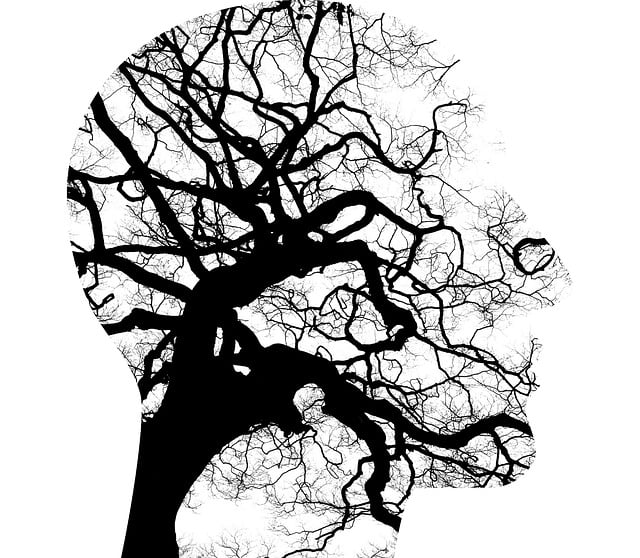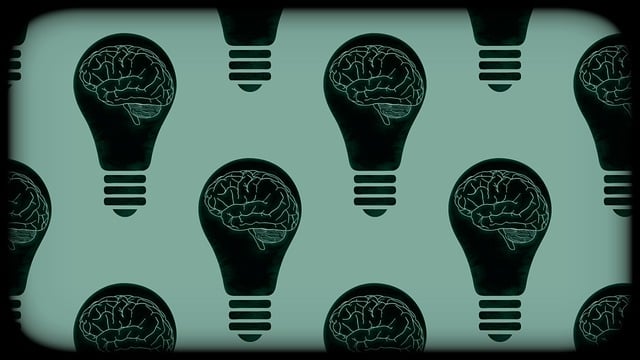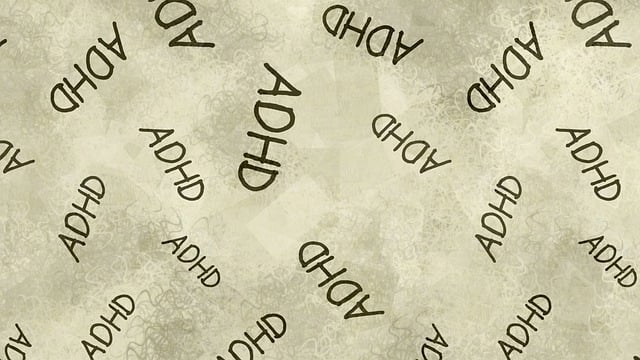Lafayette Anger Management Therapy provides a multifaceted mental health diagnosis process, utilizing assessments, diagnostic manuals like DSM-5, and patient data analysis for uniform diagnoses. Therapy offers safe spaces for self-awareness, using evidence-based approaches like CBT and mindfulness to manage symptoms and causes. This specialized approach addresses anger, aggression, and burnout, offering personalized treatment plans and improved well-being support for patients and healthcare providers alike.
Mental health diagnosis and treatment navigation can be complex, but understanding the process is a vital step towards recovery. This article guides you through the intricacies of mental illness assessment, highlighting key factors. We explore the transformative power of therapy in fostering effective treatment and recovery plans. Furthermore, we offer a comprehensive guide to navigating diverse treatment options, empowering patients to make informed choices. Specifically, Lafayette Anger Management Therapy is showcased as a specialized approach for anger-related issues, demonstrating innovative solutions within the field.
- Understanding Mental Health Diagnosis: Demystifying the Process
- The Role of Therapy in Effective Treatment and Recovery
- Navigating Treatment Options: A Comprehensive Guide for Patients
- Lafayette Anger Management Therapy: A Specialized Approach to Anger-Related Issues
Understanding Mental Health Diagnosis: Demystifying the Process

Mental health diagnosis is a complex process that often leaves individuals feeling confused and overwhelmed. At Lafayette Anger Management Therapy, we aim to demystify this journey by providing clear insights into how diagnoses are made. The first step involves gathering comprehensive information about an individual’s symptoms, medical history, and current circumstances through detailed assessments and interviews. This process may include various tools and questionnaires designed to evaluate specific aspects of mental health, such as mood, anxiety, and behavioral patterns.
Professionals then analyze the data using established criteria from diagnostic manuals like the DSM-5 (Diagnostic and Statistical Manual of Mental Disorders). These guidelines help ensure consistency in diagnosis across different healthcare settings. By understanding this framework, individuals can actively participate in their care, communicate concerns effectively with providers, and make informed decisions regarding treatment options, including evidence-based therapies and, when necessary, medication management.
The Role of Therapy in Effective Treatment and Recovery

Therapy plays a pivotal role in effective mental illness treatment and recovery. It provides individuals with a safe space to explore their thoughts, emotions, and behaviors, fostering self-awareness and personal growth. Through various therapeutic modalities, such as cognitive behavioral therapy (CBT) or mindfulness-based practices, patients can learn to manage symptoms, develop coping strategies, and gain insights into the underlying causes of their mental health challenges. This process not only empowers individuals to take charge of their well-being but also paves the way for lasting recovery.
In the context of Lafayette Anger Management Therapy, specialized treatment approaches focus on addressing specific issues like anger and aggression. These therapies help individuals understand the root causes of their anger, learn healthy expression techniques, and develop effective strategies to manage intense emotions. By integrating evidence-based practices into personalized treatment plans, therapists enable clients to improve relationships, enhance overall well-being, and reduce the impact of mental illness on daily life. Moreover, public awareness campaigns development and mental illness stigma reduction efforts contribute to a supportive environment where individuals feel encouraged to seek therapy and embark on their journey towards recovery.
Navigating Treatment Options: A Comprehensive Guide for Patients

Navigating treatment options can be overwhelming, especially when facing mental health challenges. For patients seeking help for conditions like anger management, understanding the available approaches is a crucial step in the healing journey. Lafayette Anger Management Therapy offers a comprehensive guide to ensure individuals make informed decisions about their care.
This therapy focuses on empowering patients to manage their emotions and behaviors effectively. By combining evidence-based techniques such as cognitive-behavioral therapy (CBT) and mindfulness practices, healthcare providers can tailor treatments to individual needs. Encouraging positive thinking and mood management strategies are integral parts of this process, aiming to prevent burnout among both patients and healthcare providers, especially in the long-term care of chronic conditions.
Lafayette Anger Management Therapy: A Specialized Approach to Anger-Related Issues

Lafayette Anger Management Therapy offers a specialized approach to addressing anger-related issues, focusing on helping individuals gain control over their emotions and behaviors. This tailored therapy program recognizes that anger is a natural emotion but can become problematic when it’s frequently intense or inappropriately expressed. By teaching effective coping strategies, mindfulness techniques, and communication skills, the therapy equips clients with tools to manage anger in healthy ways.
The program incorporates elements of cognitive-behavioral therapy (CBT) and other evidence-based practices, combining them with a compassionate and supportive environment. This holistic approach not only provides anxiety relief but also empowers individuals to improve their overall mental health. Moreover, by offering education on mental health and incorporating strategies for burnout prevention among healthcare providers—a demographic often at risk due to high-stress work environments—Lafayette Anger Management Therapy takes a comprehensive stance, addressing both the patient and the provider’s well-being.
In navigating mental health diagnoses and treatment, understanding the process, embracing therapy’s role in recovery, and exploring comprehensive treatment options like Lafayette Anger Management Therapy are pivotal steps towards improved well-being. By demystifying diagnosis and arming oneself with knowledge about specialized treatments, individuals can actively participate in their care, fostering a path to enhanced mental resilience and a more fulfilling life.










